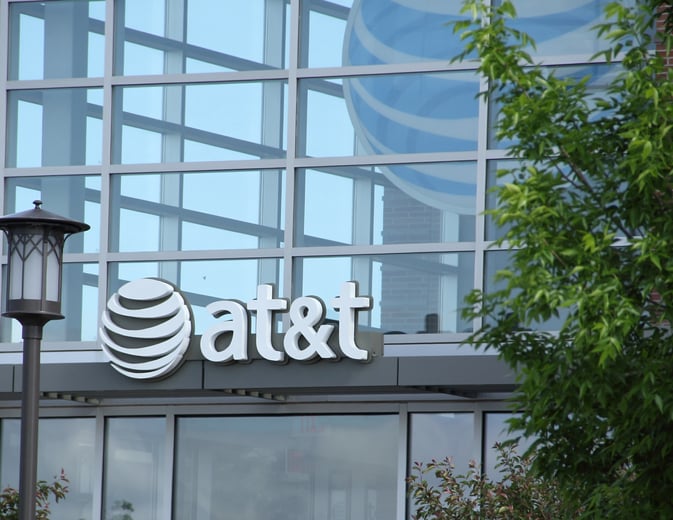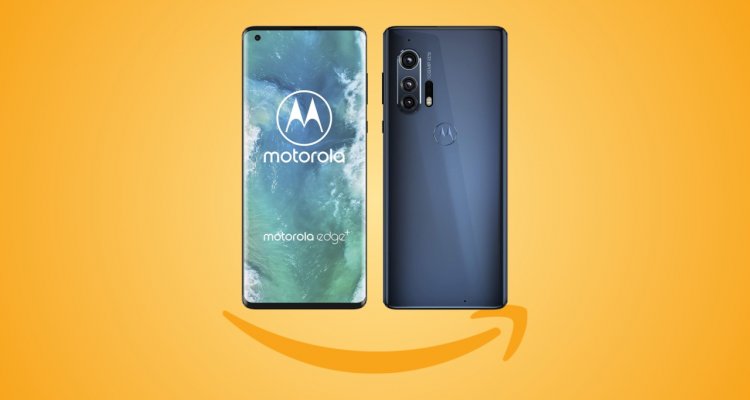I’ve been an Xbox owner for just over a decade now, dating back to 2007 and the purchase of an Xbox 360. Fast-forward to 2014 and I ended up spending my end-of-year bonus on an Xbox One, with Microsoft’s platform feeling like a safe choice for a 360 owner to begin with.
I’m more of a PC gamer these days, but the allure of a shiny new console is always strong. Being both an Xbox owner and a Game Pass subscriber means that another Xbox should be a no-brainer, right? Not really.
Microsoft’s biggest stumbling block has always been its library of exclusive games. Sure, the Xbox line has generally enjoyed strong third-party support, but a console lives and dies by its exclusives.
An issue of games
Between Ace Combat 6, Forza Motorsport 2, Project Gotham Racing 3, Gears of War, Halo titles, Viva Pinata, and a strong third-party portfolio, the Xbox 360 initially delivered the gaming goodness I sought at a more palatable price-point than the PS3. However, the middle of this generation saw Sony streak ahead thanks to an increasingly impressive list of exclusives and price drops.
After a rough first two years on the market, the PS3 hit its stride with a stream of quality titles. Owners could choose from big-hitting games like Infamous 1 and 2, Killzone 2 and 3, the LittleBigPlanet franchise, Metal Gear Solid 4: Guns of the Patriots, Resistance 2 and 3, Uncharted 2 and 3, The Last of Us, Gran Turismo 5 and 6, and the Yakuza games.
Meanwhile, Microsoft’s gaming momentum sputtered mid-cycle with the Kinect, more Forza titles, Halo 4, and more Gears of War games. Now, these aren’t bad games, but most of these franchises bar Gears of War had appeared on the original Xbox. The Kinect was a sales success too, but it lacked plenty of killer apps. Sony, on the other hand, offered plenty of new and exciting AAA properties, while also delivering slick updates to existing franchises.
Microsoft’s commitment to exclusive games tends to waiver after the initial launch of a console.
Despite my misgivings about Microsoft’s gaming strategy, I ended up getting the Xbox One in 2014. I was largely attracted to the machine due to the nostalgia of Halo: The Master Chief Collection, a uniquely vibrant experience in Sunset Overdrive, and a familiar platform and online service.
Unfortunately, this might be the console I actually regret purchasing the most. I definitely had lots of fun, but it’s tough to be an Xbox One owner when PS4 fans had titles like Bloodborne, God of War, Ghost of Tsushima, Gran Turismo Sport, The Last Guardian, Ratchet and Clank, Spiderman, Uncharted 4, and Until Dawn.
It wasn’t all bad for Xbox One owners though, as the firm shocked gamers everywhere by offering backwards compatibility with the Xbox 360 and original Xbox. Additionally, we saw vibrant titles like the Ori franchise, Sea of Thieves, and Cuphead stand out. But again, Microsoft largely leaned on established franchises like Halo, Gears of War, and Forza for its AAA fare instead of creating brand-new blockbuster IP, mostly.
Starting with the Xbox One particularly, the company has brought the vast majority of its exclusive games to PC as well via Game Pass, which means you don’t have to buy an Xbox One if you have a halfway-decent PC already. And after buying a solid gaming laptop in 2017, the Xbox One was seldom used for much more than Xbox 360 games and video streaming.
This led me to conclude that if ever I was going to get a new console, it would have to be the PS5. Simply put, Sony has managed to carve out a great track record of delivering exclusives. Additionally, it’s pushing backwards compatibility in a big way after ignoring it with the PS4 generation, allowing people like me to actually enjoy games I missed the first time around.
Could Microsoft change for the better?
Microsoft’s new generation consoles hold a ton of promise. The company made a huge splash with its Xbox pricing last week, coming in at $299 for the Xbox Series S and $499 for the Xbox Series X.
The two share identical Zen 2 CPUs, with the massive gulf in power coming in graphics. It’s believed that the Series X is four times more powerful than the Series S when it comes to the GPU.
It’s unclear how the power disparity between the two will bear out in actual games, but the Series S is clearly being positioned as a full HD or QHD machine. The Xbox Series X, on the other hand, is being marketed as the enthusiast’s console for proper 4K resolution (and even 8K). But those Zen 2 CPUs in both machines points to a current-generation bottleneck being freed up nonetheless, enabling more impressive AI, physics, and other CPU-heavy features than today’s consoles.
Meanwhile, the PS5 starts at $399 for the digital model, while the top-end model that includes a disc drive comes in at $500. This means you’ve got a lower barrier of entry if you opt for the Microsoft console. This is also particularly relevant here in South Africa, where the base Xbox costs 7,000 rand (~$429) while the digital PS5 costs 10,000 rand (~$613). Unlike the Xbox Series S though, the digital PS5 offers the same performance as the standard PS5.
 Loading poll
Loading pollConsole pricing is only one factor though, as games and associated services make or break a console too. Thankfully Microsoft has made some encouraging moves in the past few years. The Game Pass subscription service, strong PC integration, and backwards compatibility with multiple generations of Xbox titles are all strong points in the Redmond company’s favor. Microsoft also announced that EA Access will join Game Pass, further strengthening the Game Pass offering. And with first-party games via Game Pass while Sony confirms prices of up to $70 for its first-party fare, it’s another point worth noting for price-conscious consumers.
However, Microsoft’s biggest move has arguably been to acquire new studios over the past couple of years. These include Obsidian, Double Fine, Compulsion, Ninja Theory, and Playground Games. This should theoretically ensure that the company has a steady stream of exclusive titles. And between Avowed, Hellblade 2, Fable, Everwild, and As Dusk Falls, it looks like the firm has a few interesting titles up its sleeve.
Games are a marathon and not a sprint though, and Microsoft has yet to prove that it’s able to get to the finish line. We previously saw the Xbox 360’s momentum peter out, while the Xbox One similarly failed to move the needle compared to the PS4. It doesn’t help matters that a Microsoft executive recently claimed that it wasn’t reliant on “massive exclusive titles to drive console adoption,” pointing users to prior generations of content too.
So while it’s encouraging that the firm is looking to address that with acquisitions and more in-house content, it certainly feels like the PS5 is a safer bet at this point given Sony’s track record, Xbox titles being available on PC, and the aforementioned Microsoft comment. And if you’re in the same position as me, then you’ve also got a back-catalog of PS4 games to catch up on.
Are you eyeing an Xbox Series S/X or a PlayStation 5? Let us know by taking the poll further up the page!














